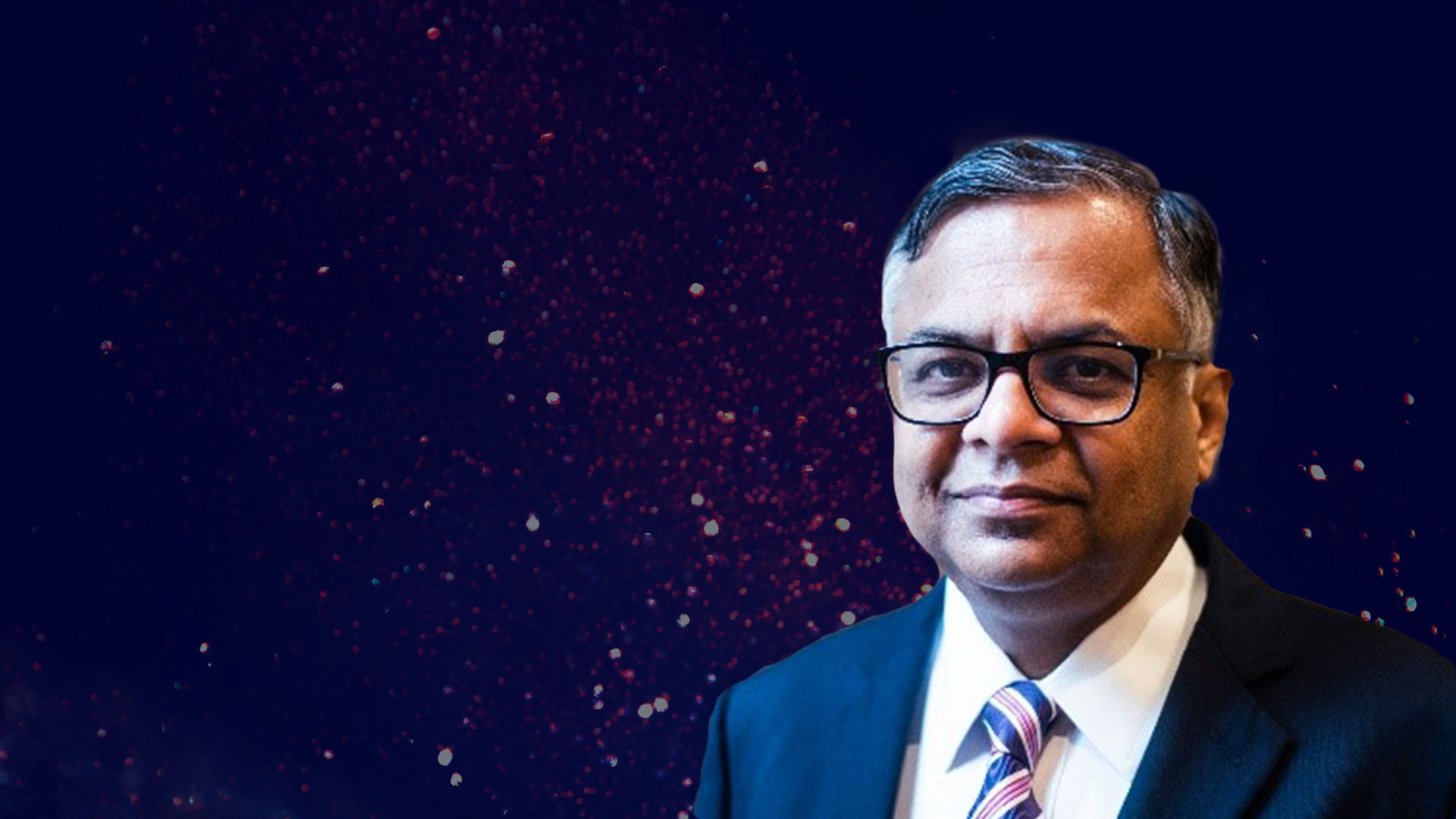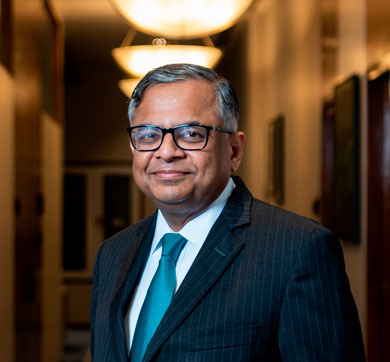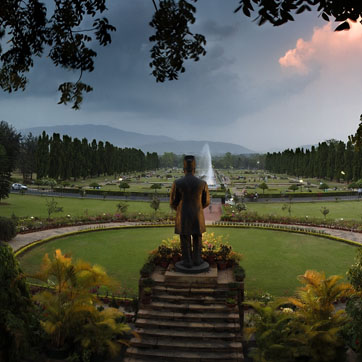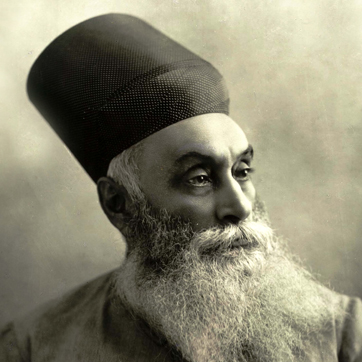December 2020 | N Chandrasekaran
Dear colleagues, usually at this time of year I write to you with plans and priorities, but this year above all else I want to thank you.
The logistical challenges that consumed the senior leadership team over the past year do not compare to the personal challenges many of you have faced. Behind the pandemic’s unfathomable statistics are individual stories of pain and loss. My deepest sympathies are with all who have been directly affected.
It is important, also, to acknowledge the psychological toll of upheaval. It is a burden you have shouldered with great professionalism. Set against tremendous loss, this has also been the year in which I have most vividly seen people work towards things, both big and small, because they were the right things to do - not just because they thought their efforts would succeed. From delivering meals to migrant and health-workers, to building hospitals and collecting public health data, to our efforts to develop a pathbreaking test for Covid-19-we have seen the very best of ‘One Tata’. Your work this year has made me prouder than ever to lead this Group.
Beyond individual companies, citizens and governments have come together in ways that only recently would have been hard to imagine. We are, I hope, on the threshold of a new era of co-operation, in which individuals, businesses and nations more readily join forces. We need it. To distribute a vaccine to every country in the world will be an international operation of unparalleled complexity. The same is true of rapid testing and new treatments. Only a global effort can get us back to normality.
If there is one lesson to take away from this consequential work, it is best summed up in a quote by the successful football coach, Paul ‘Bear’ Bryant: ‘It’s not the will to win that matters - everyone has that. It’s the will to prepare to win that matters.’ It can be difficult, in the heat of a crisis, to keep focused on the long term, but it is essential. The pandemic didn’t alter the course of the world so much as accelerate it along the path it was already on, especially when it comes to questions we can no longer avoid - whether it is the pivotal nature of technology in the era we enter, our relationship to the planet or the roles of our public, private and civil society institutions.
Rules are being rewritten. This year we learned that many things once undertaken outside the home can be done equally well inside it. Shopping. Education. Healthcare. Work. Alongside practical adaptations to lockdown, there has been a shift in priorities: greater focus on safety and resilience, and a transition from ‘just in time’ toward ‘just in case’. Such changes offer a glimpse of the new economy that will emerge from the old. Resilience will be key-in our approach to the environment, supply chains or how we build stronger connections with our communities.
Though this year has been hard, we end it with a renewed sense of possibility. Buried in the stress and trauma of Covid-19 are opportunities for renewal. Pandemics have, in the past, inspired progress in medicine, urban planning, architecture and countless other fields. This one will be the same. This moment is akin to walking on a bridge, but it’s a special bridge, because we are not simply waiting to see what is on the other side. Instead, we have a hand in building our destination.
Happy holidays, and to a new beginning in 2021,
Chandra.
Our teams visited ventilator suppliers and underwent training in installation to help guide medical staff in India. To date, over a thousand ventilators and respirators, 400,000 PPE kits, 3.5 million masks and gloves, and 350,000 testing kits have been procured. The result of the group’s collaboration was a series of interventions that were life-saving.
Testing
This pandemic will not be controlled unless we can test at scale.
Polymerase chain reaction (PCR) kits are a scarce commodity; reagents for testing have to be imported; and sample collection, processing and transport require specialised equipment and trained personnel. The Tata group has invested in technology to make testing easier, faster and cheaper.
We completed a research pilot, with the help of the country’s most eminent scientists, that proved the value of a ‘Minimum Testing Maximum Intelligence’ approach in the Kolar district of Karnataka. This process uncovered evidence of silent transmission among high-risk groups such as health workers and police personnel which enabled us to predict the spread of the disease at a time when Kolar had no confirmed positive Covid-19 cases.
A detailed standard operating procedure of the testing strategy for national scaling was handed over to public health agencies to incorporate in lockdown exit efforts. Currently, the Kolar model is being adopted and refined in Jamshedpur.













